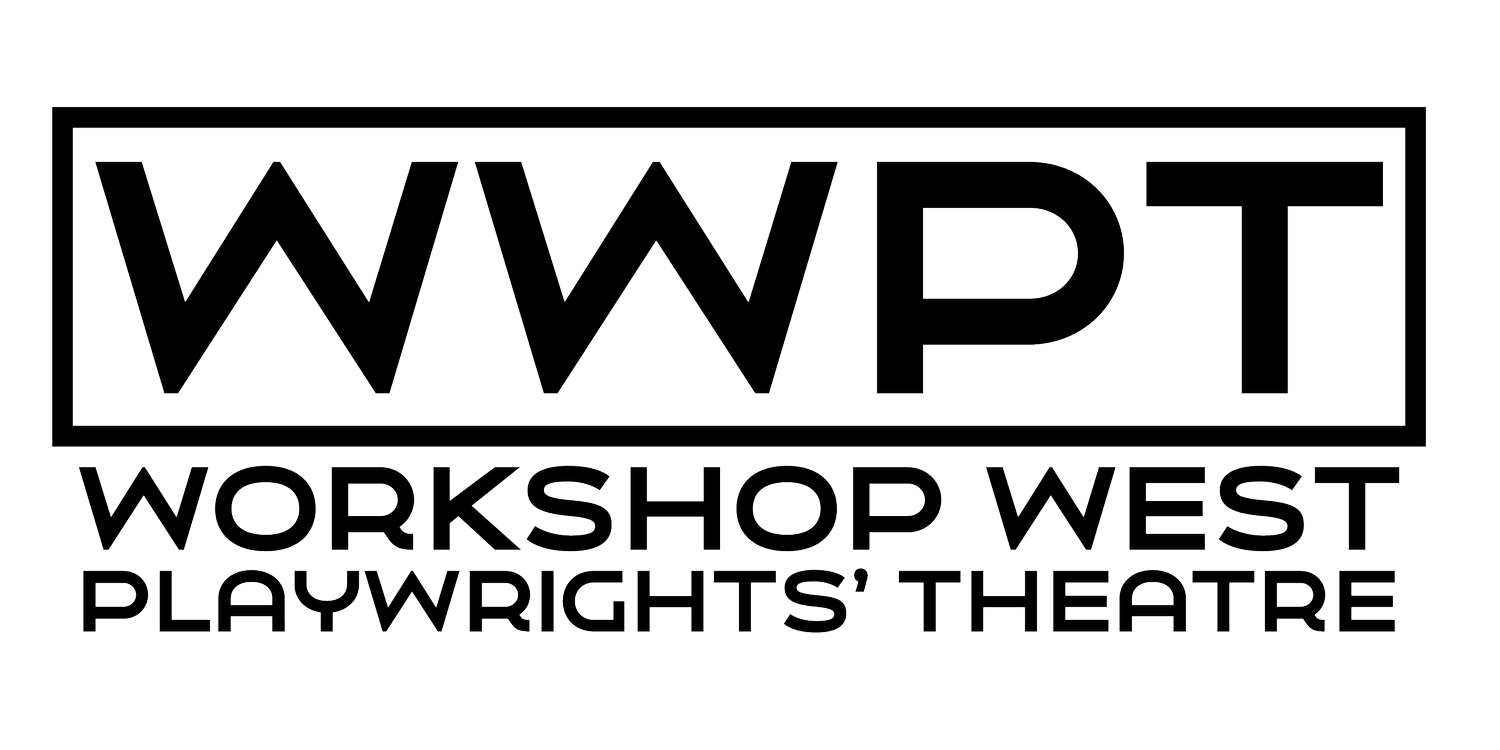Historical Resonance in Playwriting Process
Patricia Darbasie
Playwright in Residence with Workshop West.
Earlier this week I sat down with Playwright in Residence, Patricia Dabarsie and chatted about some of the things she’s working on. We talked about a lot of things – from the historical research going into her piece, as well about some of the resonances looking back has on the present moment.
Pat began saying that the work is “a play that I started a long time ago. It’s a black historical play. When I was writing RIBBON (which was my one woman show) I came across, in the archives, these columns called ‘Our Negro Citizens.’ And I thought – who’s writing these?”
This sparked a line of inquiry involving “Jennifer Kelly (a contact at the University of Alberta).” And together they found the writer was called “The Reverend Geo. W. Slater Jr., and he’s with the African Methodist Episcopalian Church… He was a missionary here in Edmonton from 1921 – 1924. And [‘Our Negro Citizens’] is a real snapshot of what’s happening in the community, and what they were involved with. The people – the names, lots of them I recognize. They’re people’s grandparents and great grandparents.”
So Patricia collected all of these articles on a drive, and in essence “that’s what the play is – it’s a snapshot of Edmonton in 1921 – 1924. Right after the war, right after ‘the pandemic’ which is an interesting mirror.” (This Pandemic being the Spanish Flu.)
She went into more detail about the paralells between that pandemic, and the one we’re experiencing now:
We continued by chatting about how recent this ‘history’ is. And how much of this historical legacy still exists not only through family members and living relatives, but in local landmarks and names as well. Pat described, “I lived in Duggan as a kid. I went to D.S. MacKenzie. I never knew who ‘Duggan’ was. He was the mayor in ’21, and actually quite decent and progressive from what I can tell from the columns. But there’s more research to be done.”
“It’s interesting when names pop up – lots of events in Borden Park and I go there! Those little bits and pieces of what the city might have been 100 years ago. It makes me go: 100 years from now, what will they think of us – and what we’re doing? It’s not much different in lots of ways.”
More on what excites Patricia Darbasie about theatre:


